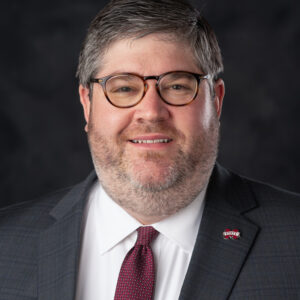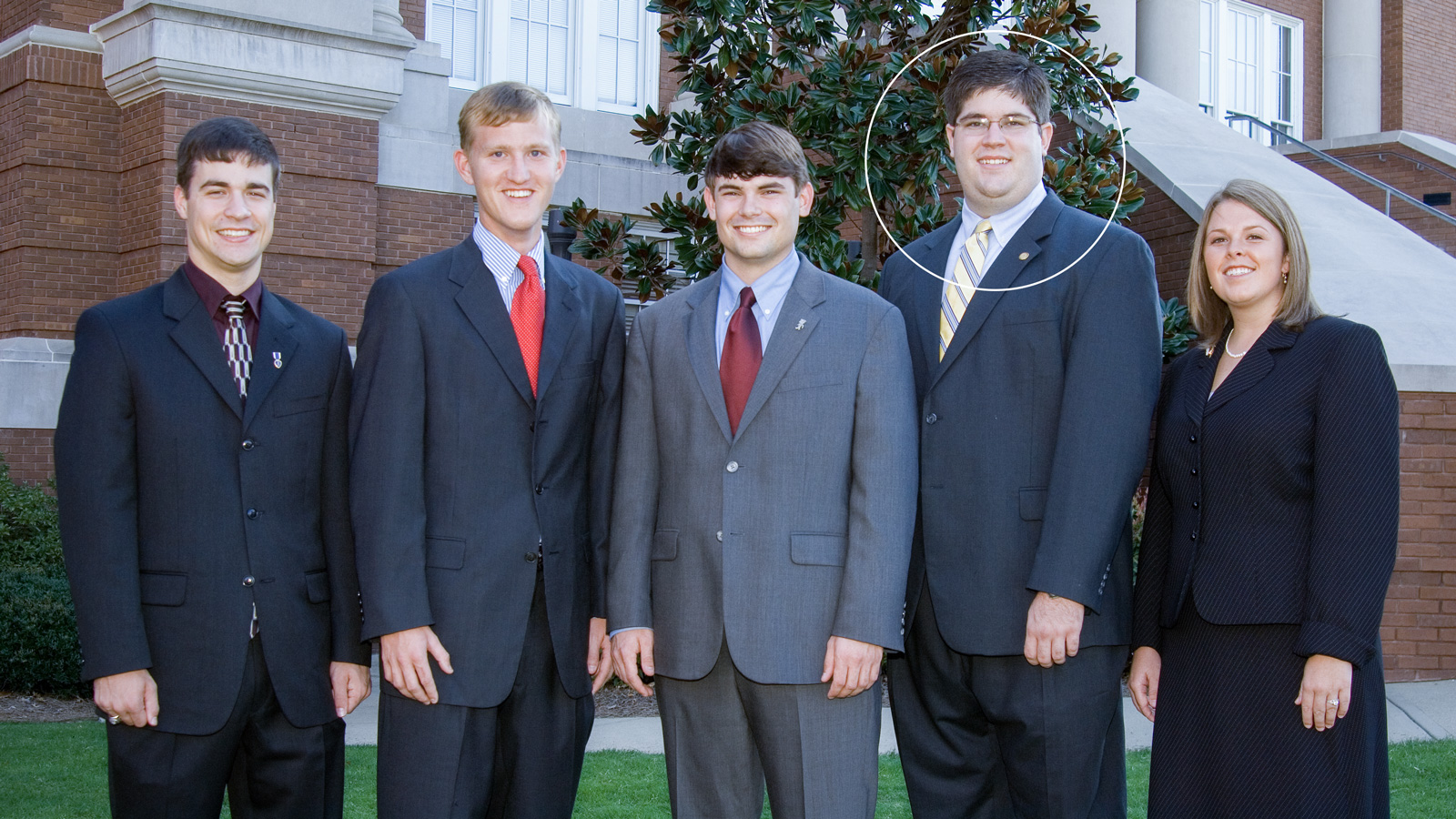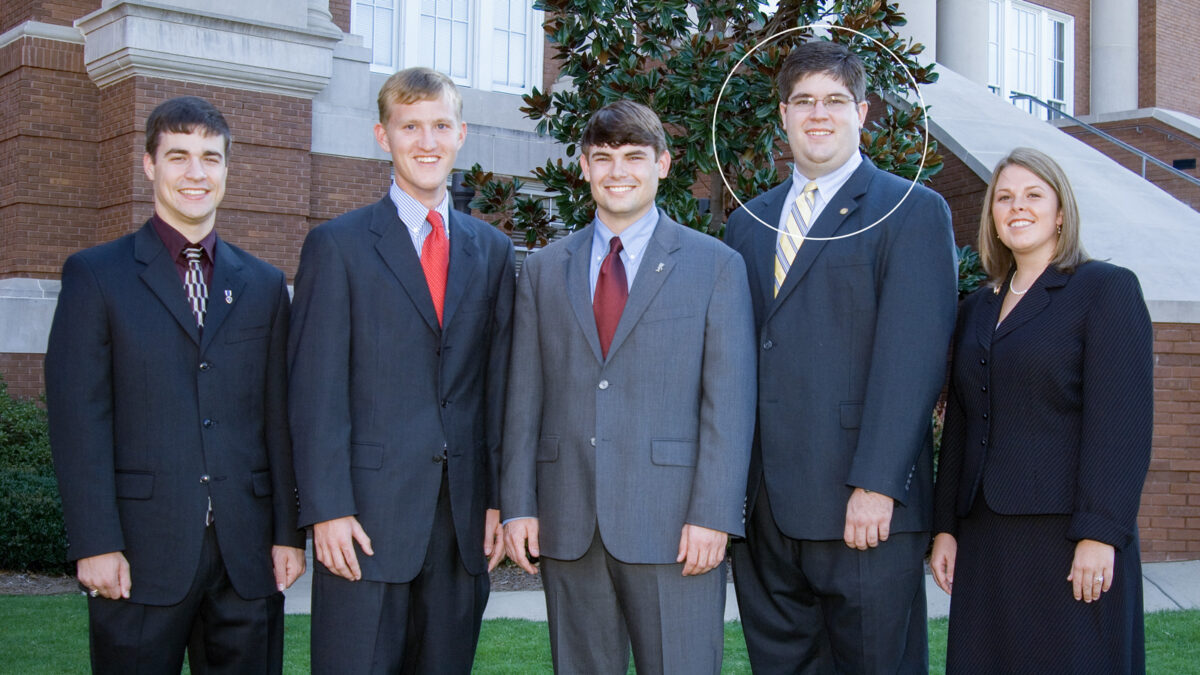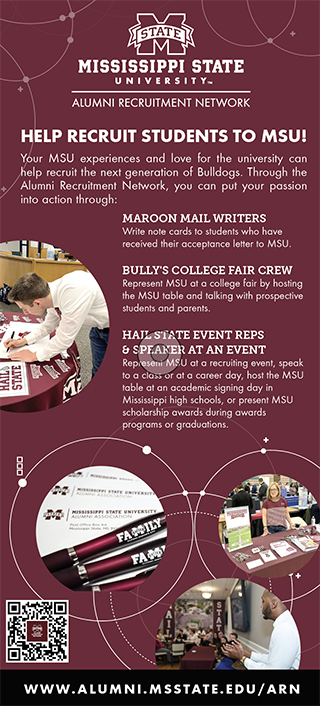
I recently attended a ceremony at Keesler Air Force Base in Biloxi, where MSU President Mark E. Keenum, Gov. Tate Reeves and officials from the U.S. Air Force celebrated the signing of an enhanced use lease to pave the way for construction of the 100,000-square-foot Mississippi Cyber and Technology Center that will straddle the fence of Keesler and the City of Biloxi. This was a monumental step toward another victory for the state of Mississippi and Gulf Coast to fortify this region as a hub for national defense and security initiatives. It is also a reminder of how far we have come since one of our state’s lowest days, Aug. 29, 2005, and how the power of education and partnership have helped us overcome the disaster of Hurricane Katrina to not only rebuild but remake our state for the 21st century.
I was a sophomore in the fall of 2005, and on the campus of Mississippi State University, it was like any other late summer, rainy day, except that it wasn’t. I clearly remember watching television reports from the Gulf Coast as Hurricane Katrina barreled down on the Gulf Coast, leaving a path of destruction never seen before. My hometown of Columbia, some 90 miles inland, suffered extensive damage from the winds and rain. An estimated two-thirds of the state saw some type of impact from the storm and the destruction in the three coastal counties was unbelievable. Homes and businesses were gone, moved and destroyed by the wind, rain and storm surge leaving nothing but debris and slabs behind. Mississippi is a small community, and you did not have to go far to find someone who lost all material possessions, or even worse, a loved one. How would we overcome? We did what Mississippians do. We rallied together to clean up and rebuild, or as Gov. Haley Barbour simply said, “We hitched up our britches.”
People from all over the country flocked to the Gulf Coast to begin the cleanup efforts, students and faculty from MSU included. Many student groups organized donation drives, as well as trips to the coast to assist in cleanup and with other volunteer roles. These trips to the normally beautiful Gulf Coast were anything but glamorous. They usually meant sleeping in the conference room of MSU’s Coastal Research and Extension Center in Biloxi with dozens of your closest friends on the floor around you. Volunteers found themselves not only assisting in the tasks of clean up or serving a meal, but also being a friend to someone who didn’t know how they were going to rebuild their home, giving a hug to a child and telling them it would be OK, and other acts of compassion. It was raw, but it was real. And it set the stage for the rebuilding of not only our Gulf Coast but the entire state.

Twenty years later, I marvel at where Mississippi and the Gulf Coast are. Mississippi is celebrating record amounts of capital investments that are creating jobs and economic opportunities for our families. Mississippi’s educational achievement is at an all time high, with our students testing at or above national averages, garnering attention from those around the country for what the New York Times has called the “Mississippi Miracle.” Specially, our Gulf Coast is thriving with strong communities, full of development and opportunities. MSU has been right there along the way in the 20-year rebuild since Hurricane Katrina, investing in the region with Engineering on the Coast, the headquarters of the MSU-led Northern Gulf Institute and the soon-to-be constructed Northern Gulf Aquatic Food Research Center in Ocean Springs. We are the top college choice for high school graduates from the Coast.
The Mississippi Cyber and Technology Center is the next step in that rebuild, or “rebirth,” that will enhance the educational and economic opportunities for Mississippians for years to come. Partnering with the U.S. Air Force, state and federal governments, all levels of education and private sector partners like Mississippi Power, fortifying and protecting our nations cybersecurity programs and personnel will make this center on Mississippi’s Coast a national example of partnership and strength. As a native Mississippian and proud MSU alumnus, I am excited to see our state succeed and take pride in knowing that Mississippi State University is right there working and partnering with others to make not only the coast but the entire state of Mississippi the best it can be.
Lee Weiskopf was appointed chief of staff in Mississippi State’s Office of the President in May 2024 and continues his work as the university’s lead lobbyist and primary contact to the executive and legislative branches of state government. A two-time graduate of MSU, he holds a bachelor’s in political science and a master’s in public policy and administration. He served as director of policy for then-Lt. Gov. Tate Reeves, and he began his professional career at MSU’s Social Science Research Center. As a student, he received the Sen. John C. Stennis Scholarship and was vice president of the Student Association.









